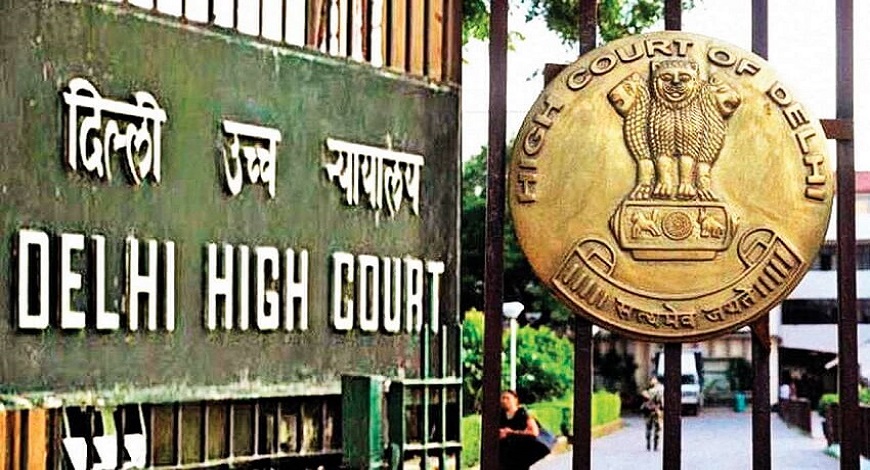The Delhi High Court on Friday sought response from the National Investigation Agency (NIA) on a petition seeking direction to provide the copy of the FIR filed against a member of the Popular Front of India (PFI), who was arrested during NIA raids on September 22 this year.
The Single-Judge Bench of Justice Anoop Kumar Mendiratta fixed October 10 as the next date of hearing, after the Counsel informed the court that the matter will be argued by Solicitor General Tushar Mehta.
The High Court passed the order on a petition filed by one Mohammad Yusuf, who was arrested during the NIA raids last month.
The petitioner contended that under several directions of the Supreme Court and High Courts, it was necessary to provide a copy of the FIR to the accused, however, the authorities denied the same to him, stating that it was a sensitive matter and a copy cannot be provided.
On October 6, the Bench of Chief Justice Satish Chandra Sharma and Justice Subramonium Prasad had allowed urgent mention of the plea, after the Counsel submitted that the remand of the accused was being extended from time to time and a copy of the FIR was not being provided.
According to NIA, it had conducted coordinated searches in 93 locations of 15 states, along with the Enforcement Directorate (ED) and the State Police forces across the country last month, leading to seizure of incriminating documents, cash, sharp-edged weapons and a large number of digital devices.
The national agency said searches were conducted in Kerala, Tamil Nadu, Karnataka, Andhra Pradesh, Telangana, Uttar Pradesh, Rajasthan, Delhi, Assam, Madhya Pradesh, Maharashtra, Goa, West Bengal, Bihar and Manipur.
It added that the raids were conducted in the houses and offices of top PFI leaders and members in connection with five cases registered by NIA following continued inputs and evidence that PFI leaders and cadres were involved in the funding of terrorism activities, organising training camps for providing armed training and radicalising people to join banned organisations.


